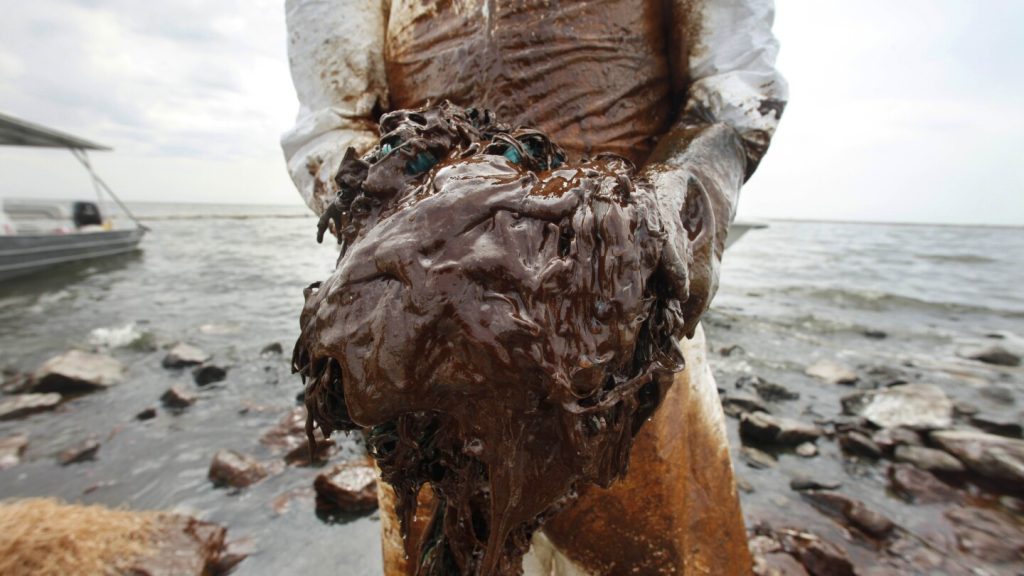In 2010, the Deepwater Horizon drilling rig explosion led to the biggest offshore oil spill in U.S. history, with 134 million gallons of crude oil contaminating the Gulf of Mexico. Tens of thousands of workers were hired to assist in the cleanup efforts, exposed to toxic crude oil and chemical dispersants. Despite BP’s agreement to a medical claims settlement two years after the disaster, many workers who became ill have not received adequate compensation. The settlement has fallen far short of expectations, with workers receiving small payments that do not reflect the extent of their health issues.
The settlement process has left many cleanup workers stranded without proper compensation for their illnesses from exposure to oil and dispersants. BP paid a minimal amount of $67 million to workers, a small fraction of the billions spent on restitution for economic and environmental damage. Those who did receive compensation mostly received no more than $1,300 each. Thousands of lawsuits seeking compensation for health problems have been dismissed, making it exceedingly challenging to prove that specific illnesses were caused by chemical exposure from the disaster.
Efforts to prove that health issues were caused by exposure to oil and dispersants have been met with significant challenges. Workers exposed to Corexit, the chemical used to break up the oil, have experienced respiratory issues and other health problems. However, proving a direct link between exposure and illness in court has been difficult. The settlement process was intended to simplify claims for affected workers, but a changed clause in the agreement has prevented many from receiving compensation for long-term health issues.
Law firms representing cleanup workers have faced significant hurdles in providing evidence to support claims of illness caused by exposure to oil and dispersants. BP has insisted on a high burden of proof, making it extremely challenging for workers to receive compensation through the legal process. Despite efforts by some law firms to gather evidence and present expert witnesses, the majority of claims have been dismissed. Many workers who helped clean up after the spill continue to suffer from health issues without adequate support or compensation.
As the legal battles continue, some law firms are appealing court decisions in hopes of establishing a lower burden of proof for toxic exposure cases. The outcome of these appeals could have broader implications for other cases involving chemical exposure and environmental disasters. Researchers and experts emphasize the need to recognize the impact of the oil spill on public health, acknowledging that the cleanup efforts have left many workers suffering from lasting health effects. The difficulties faced by cleanup workers in receiving compensation highlight the challenges of proving the health impacts of environmental disasters in a legal setting.


